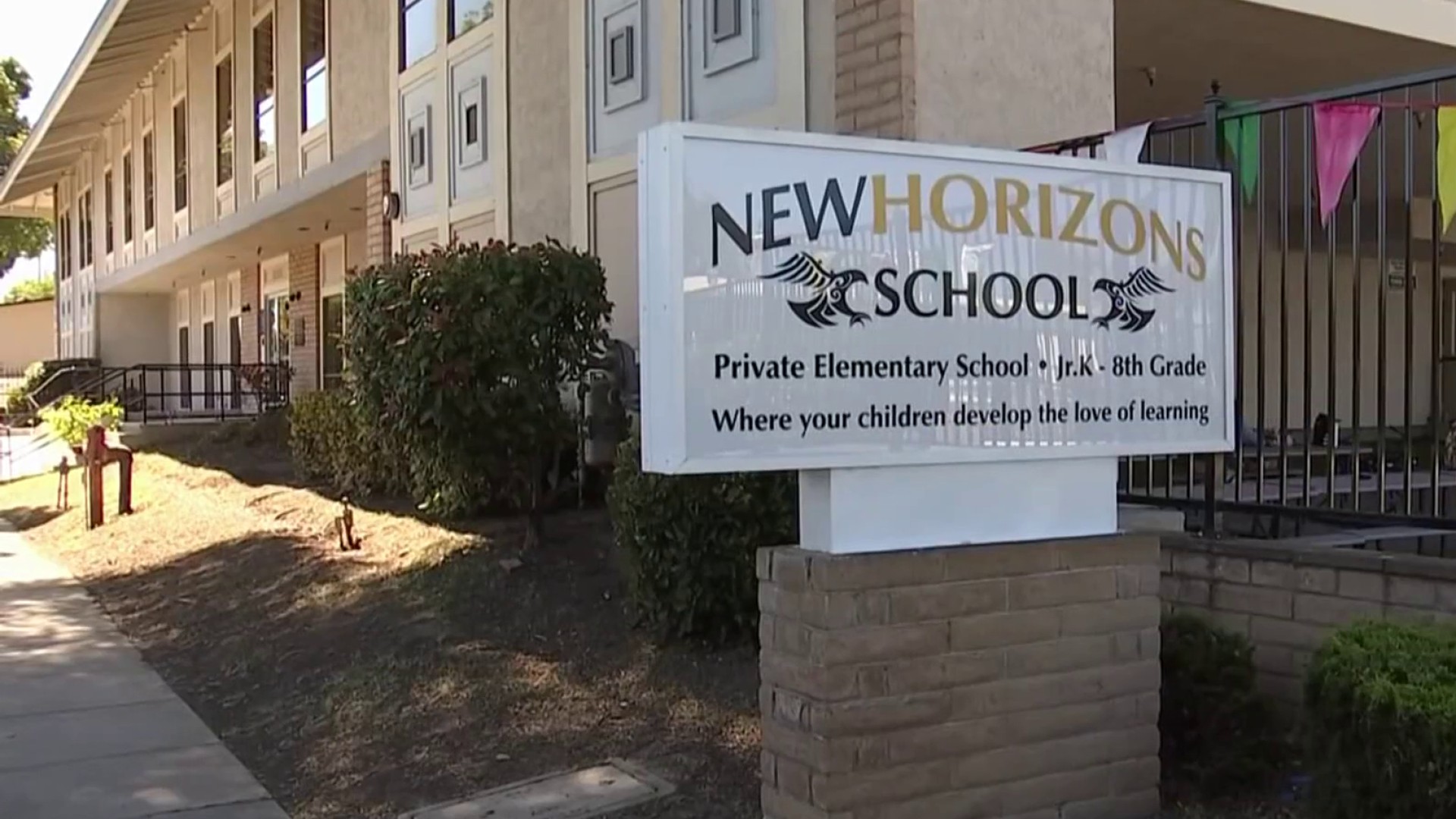It took two days and about 10 hours to come to a verdict in the Derek Chauvin trial in Minneapolis. A quick response to the killing of George Floyd, a man who died when the former police officer held his knee to his neck for more than nine minutes on May 25, 2020.
There was a feeling of calm and reflection throughout the country and in the Bay Area where the verdict is now a part of history that is expected to bring change.
In downtown Oakland, the only people that gathered Tuesday night were police as the guilty verdict left behind a blanket of relief.
Get a weekly recap of the latest San Francisco Bay Area housing news. Sign up for NBC Bay Area’s Housing Deconstructed newsletter.
That's the same relief at Liberation Park in east Oakland.
“I feel justice is served. It's not one of those things you can celebrate,” said Cathy Adams of the Oakland Black Chamber of Commerce.
That was the overall feeling in Oakland.
Local
“While we get excited, I temper my emotion because it’s a matter of time before this repeats itself and the outcome won’t be the same,” said Oakland resident Reggie Borders.
Though justice was believed to be served in this case, residents say it’s a wake up call.
“We’re still on the back of Daunte Wright. Taser taser this is not a victory, this is a wake up call,” said Oakland resident Nicole Felix.
A wake up call, even though justice was served in this case.
Chauvin was charged with second-degree unintentional murder, third-degree murder, and second-degree manslaughter for kneeling on Floyd's neck.
Some members of Floyd's family had an emotional reaction from their home in Houston.
"I feel like heaven is standing on my shoulders,” said sister Latonya Floyd. “My brother got justice, and that's very rare.”
Rare because of what history has shown, according to Civil Rights Attorney John Burris.
“Rodney King was beat to a pulp ... it was on video,” he said.
“George Floyd resounds because it was caught on video so was Oscar Grant and so was Rodney King,” said USF Professor James Taylow. “We saw some reform after Rodney King. We are in the post Oscar Grant moment right now.”
That moment, according to Grant's uncle Cephus Johnson, needs to bring about change.
“We need to move forward to really bring about some changes concerning police use-of-force,” said Johnson.
For many, Tuesday's verdict was a wake up call. Taylor sees this moment as hope for the future.
“The entire American jury system, at least in Minnesota, was on trial and it worked very well this time,” he said.
It was a quiet and peaceful night on the streets of San Francisco as well, something very different from what it was like a year ago after the death of Floyd and even different from what police prepared for after the verdict.
But as quiet as the streets may be, the work continues for activists who say comprehensive reform is what needs to happen next.
“This is the first time that I can ever recall in this nation’s history where a police officer was convicted due primarily to the testimony of other officers,” said Ladoris Cordell.
She is a retired judge of California's Superior Court and former independent police auditor for San Jose.
She believes Chauvin's conviction relied heavily on testimony from officers and the Minneapolis police chief himself, something she has not seen before.
“This is big because now people around the country, and particularly police officers, can get the message that it’s the right thing to do,” said Cordell.
Change has been the cry of protests that swept the nation following Floyd’s death.
The verdict is opening old wounds for families of police violence who had overwhelming mixed emotions.
A group of families joined together outside San Jose City Hall for an event to hear from civil rights leaders.
Wearing shirts saying "Families Taking Power,” all of them had a loved one killed by police and were in constant contact leading up to and after the Chauvin conviction.
“Very encouraging,” said Jim Showman. “It’s just one, but maybe it’s a start.”
The police shootings in their cases were ruled to be justified, which they argue against.
Laurie Valdez's partner was shot and killed by San Jose State police in 2014.
The day of the verdict, emotions were mixed.
“He’s going to jail,” she said. “That made me cry because so many of us, like our case never got to a courtroom.”
Showman's daughter was shot and killed in 2014.
“Very emotional because we’ve been searching for this justice in San Jose and we haven’t gotten it,” he said.
They said Tuesday’s guilty verdict is a small step forward.
Part of Silicon Valley Debug -- which is comprised of families like theirs pushing for police reforms -- hope that in the future, more of these cases will go to trial and be decided by a jury.
“It's not about anti-police. It’s about accountability and police violence,” said Valdez.



